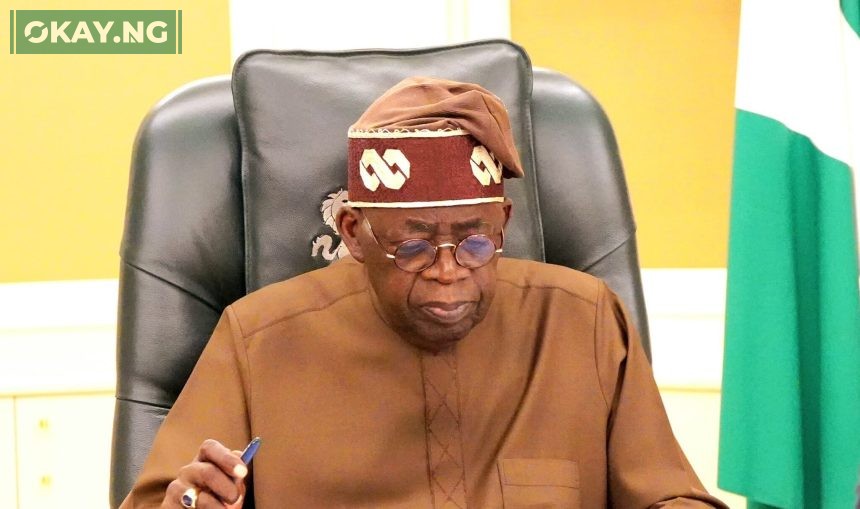President Bola Tinubu is set to sign four transformative tax reform bills into law on Thursday, June 26, 2025, marking a pivotal moment in Nigeria’s fiscal policy overhaul. These bills—comprising the Nigeria Tax Bill, Nigeria Tax Administration Bill, Nigeria Revenue Service (Establishment) Bill, and Joint Revenue Board (Establishment) Bill—have been passed by the National Assembly after extensive consultations with stakeholders across the country.
Okay.ng reports that the signing ceremony at the Presidential Villa, Abuja, will be attended by top government officials including the Senate President, Speaker of the House, Finance Minister Wale Edun, and the Attorney General.
The new tax laws are expected to significantly improve tax administration, enhance revenue generation, and create a more conducive environment for both domestic and foreign investment. Notably, the Nigeria Tax Bill introduces a progressive tax system where individuals earning below N800,000 annually are exempt from paying tax, offering relief to average Nigerian salary earners. Similarly, small businesses with annual revenues under N25 million will not pay profit tax, while larger companies will see a reduction in their tax rates from 30% to 25%.
A key feature of the reforms is the revised Value Added Tax (VAT) sharing formula, which allocates 55% of VAT revenue to states and 35% to local governments, emphasizing distribution based on actual consumption rather than where tax returns are filed. The VAT rate will gradually increase from 7.5% to 15% by 2030, but essential goods and services such as food, medical supplies, and fuel remain exempt.
Despite the broad support, some Northern groups have expressed opposition to the bills, calling for more inclusive consultations to ensure equitable policies. However, government officials maintain that these reforms will strengthen Nigeria’s fiscal health and support sustainable economic growth.
This comprehensive tax reform initiative reflects President Tinubu’s commitment to modernizing Nigeria’s tax system and promoting economic development across all sectors.











